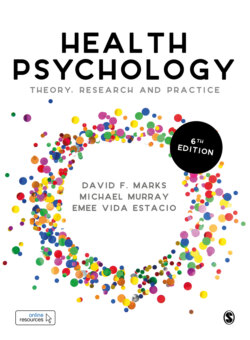Читать книгу Health Psychology - Michael Murray - Страница 86
На сайте Литреса книга снята с продажи.
Health Belief Systems
ОглавлениеAs societies evolve, health belief systems develop as bodies of knowledge are constructed and exchanged among those who undergo specialized training. This gives rise to the separation of expert or technical beliefs systems from traditional, folk or indigenous systems. These two types of system are not discrete but interact, and are in a process of constant evolution. Although the majority of people in any society organize meaning-making through the use of loosely organized indigenous belief systems, the character of these is connected in some form with expert belief systems.
Kleinman (1980) described three overlapping sectors of any health care system:
The popular sector refers to the lay cultural arena where illness is first defined and health care activities initiated.
The professional sector refers to the organized healing professions, their representations and actions.
The folk sector refers to the non-professional, non-bureaucratic, specialist sector that shades into the other two sectors.
Although this three-fold division is widely cited, other researchers (e.g., Blumhagen, 1980) have preferred a simpler two-fold division into professional and popular realms. The former are said to consist of systematicity, coherence and interdependence (Blumhagen, 1980: 200). Conversely, a lay health belief system can appear disconnected, inconsistent and at times plainly contradictory. This broad classification avoids an accusation that certain specialized health belief systems are classified as ‘folk’ when they have limited status in society, although they may offer an extensive classification of health complaints and treatments. These two broad kinds of belief systems interact such that the lay person can draw upon more specialized knowledge but also the specialist will make use of more popular knowledge. Further, both ways of thinking about health draw upon a more general worldview located within particular local socio-political contexts. Blumhagen (1980) argues that these two kinds of health belief systems should be considered distinct from an individual belief system that a person employs to understand their personal experience of illness. Dominant expert health belief systems have the tendency to become doctrinal in nature, with principles and guidelines that inform practitioners and specialists in systems of treatment for different illnesses.
